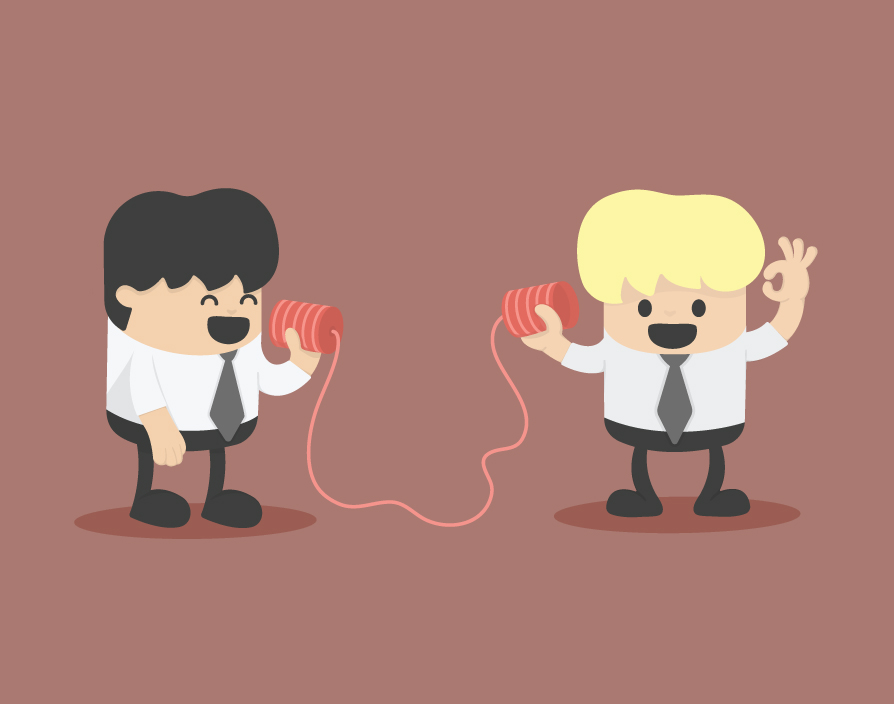Over the past 18 months or so, I’ve been writing this column to share the experience that myself, my co-founder Donna Kelly and our great team have had running a startup. During that time, Dressipi has developed exponentially as a personalisation service and we’ve brought a slew of major high street retailers on board as partners, which include, as of last Tuesday, John Lewis.
With this business and our other startups, we’ve learned lots about what you should and shouldn’t do when trying to run and grow a business at the same time. So in the spirit of the season – given I’m writing this in the run-up to Christmas – I thought it would be a good idea to share with you the three things I wish someone else had told me before I started my own business.
Make sure your business really needs investment
So much of the narrative around startup life is about fundraising that it can give you a misleading idea about what you want and need. It could be that you don’t need investment right now. Raising capital is hard work and very time consuming, so make sure you have explored all other avenues first, including loans, bootstrapping and commercial partnerships.
If you do seek investment, make sure you really understand who you are pitching to and do as much due diligence on investors as they do on you. At the early stages you need smart investors who can add real value beyond the funding. For example, do they know your space? And can they introduce you to potential clients or other important stakeholders? Also, talk to other companies they have invested in. It’s a good way to ensure there are no nasty surprises around the corner.
Another thing I’ve learned is that when you do pitch, beware of the people who are simply ‘fishing’ instead of being genuinely interested. As a founder, your time is precious and needs to be used carefully. I also know that people who want to invest tend to let you know pretty quickly. As Guy Kawasaki said, the best way to tell if you got a no from an investor meeting is as follows: “Look down at your hands: is there a term sheet in them? [If there isn’t], you’ve had a no.” We like to think we no longer chase noes.
Learn to listen
You wouldn’t know it from watching programmes like The Apprentice but founders need to learn to listen. I’ve certainly learned that it’s an important step towards ensuring you get what you want. We can only bring a new retail partner on board, secure investment or hire someone great if we first listen to what they want. Taking the time to listen means we can identify which aspect of Dressipi – whether that’s our algorithm, our team or the way we personalise customer emails – excites that person most and adjust our approach accordingly.
The other thing I’d say about listening is that you need to do it at the beginning and the end of the process. Listen to what customers and employees say when they join you and, sometimes even more importantly, when they leave you. Because that’s how and when you learn your real lessons.
Learn to take calculated risks rather than a gamble
How do you know that a gut feeling about something isn’t just a knee-jerk reaction? I’ve lost count of the number of times when I’m faced with a choice and have to ask myself that question. I am fairly reactive and emotional by nature but I have learnt to take a step back and take some time to think through the issues more logically. It is only when you have done your homework that you are in a good position to take a calculated risk.
Donna and I spend our time ensuring that we know everything we can about the fashion retail business. That critical mass of knowledge we’ve amassed means that we are far more able to tell the difference between a calculated risk and a reckless gamble.
Of course it’s not foolproof – nothing is – but knowledge is what you fall back on when you have to think a situation right through to the end. It gives you context and it gives you enough perspective to make a gut decision that’s based on more than raw emotion.
But, above all, if you believe in what you’re doing and have the determination to see it through, you’re definitely ready to start up. ![]()
Share via:








































